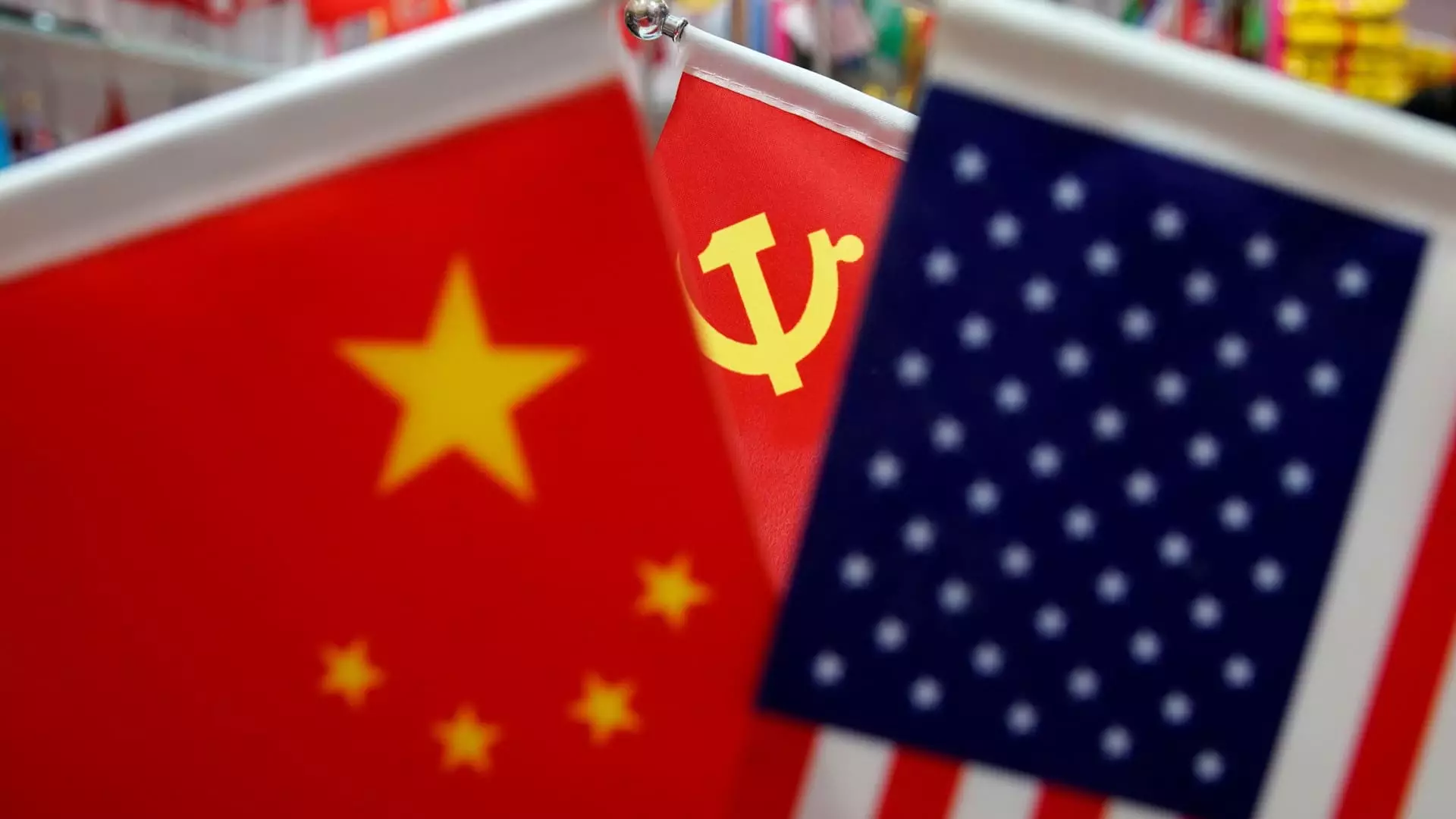As the world watches the unfolding political drama of the U.S. presidential elections, analysts are deliberating on the implications for China’s economic strategy. With the standing committee of the National People’s Congress (NPC) finalizing its meeting, expectations are abound for Beijing to unveil vital fiscal support measures. However, the magnitude and scale of these stimulus plans are anticipated to be highly contingent on the electoral outcome in the United States, which could significantly influence the global economic landscape.
Ting Lu, the chief China economist at Nomura, sheds light on this precarious relationship, noting that the fiscal stimulus size could swell by approximately 10% to 20% should Donald Trump triumph over Kamala Harris. This statement encapsulates the overarching sentiment among investors regarding how domestic challenges could be overshadowed by external political factors. Trump’s previous stance on raising tariffs poses a greater threat to China’s export-driven economy, a sector currently grappling with a real estate downturn and sluggish consumer spending.
In stark contrast, Harris appears to align more closely with the Biden administration’s technology restrictions against China. The looming tariffs and trade restrictions threaten to undermine the silver linings of China’s export market and could necessitate a pivot towards bolstering domestic consumption in search of economic resilience. Zhu Bin, chief economist at Nanhua Futures, articulated a critical perspective; he argued that in the event of a Trump presidency, the urgency for domestic stimulus would heighten, further exerting downward pressure on the yuan against the dollar.
This juxtaposition raises essential questions regarding the long-term ramifications of a Trump or Harris presidency on U.S.-China relations. While some experts maintain that a Biden successor would foster predictability in policy-making, others remain apprehensive about potential escalations in trade hostilities. Liqian Ren from WisdomTree voiced a sophisticated analysis, cautioning that while Beijing could forecast certain policies, the coalescing geopolitical tensions would still confine expansive financial support initiatives.
Even as the political environment shapes fiscal strategies, there seems to be an undercurrent asserting that sizable stimulus measures may be increasingly restrained. The focus on technological supremacy remains a priority, leading to a tepid government response in terms of large-scale financial aid.
Interestingly, Ren argues that the market’s reaction post-election could prove to be even more decisive than the electoral outcome itself. The reality that the Chinese stock market could react negatively to heightened volatility might compel authorities to implement counteracting measures. Historically, Chinese stocks have exhibited sensitivity to economic confidence levels, meaning that fluctuations in the market could ripple through fiscal decision-making processes.
It’s notable that the latest meeting chaired by President Xi Jinping focused heavily on invigorating fiscal and monetary policies while addressing the ongoing struggles within the real estate sector—a critical component of the economy. However, with the People’s Bank of China having reduced interest rates, specifics regarding the anticipated fiscal stimulus plan remain murky. As of now, expectations are rife, with some analysts forecasting over 10 trillion yuan in debt issuance to revive economic momentum, eclipsing previous measures enacted in the wake of the 2008 financial crisis.
All of these dynamics intertwine with the realities faced by local Chinese governments, which are under pressure due to stringent tax compliance measures aimed at managing substantial local debt. The central government’s ability to augment its support might be further mitigated by local authorities struggling to amass sufficient cash flows. Reports of numerous companies being prompted for retroactive tax payments exemplify the severity of financial strain at the local level.
Analysts caution that while expectations for stimulus are substantial, the nuances of local fiscal management could ultimately thwart the effectiveness of any central government initiatives. As localities often depend on real estate transactions for revenue, the relaxations in tax enforcement will have to align strategically with any forthcoming support measures.
In summation, China’s economic future appears wreathed in uncertainty, heavily influenced by the upcoming U.S. election. While acute foreign pressures loom, domestic considerations are equally pivotal. The delicate balance China must find between stimulating growth and navigating international relations underscores the complexities of today’s global economy. In light of evolving geopolitical dynamics, stakeholders remain cautiously optimistic yet vigilant. The ultimate outcome of the elections could either bring about expanded stimulus efforts or signal a more conservative approach in response to international threats.

